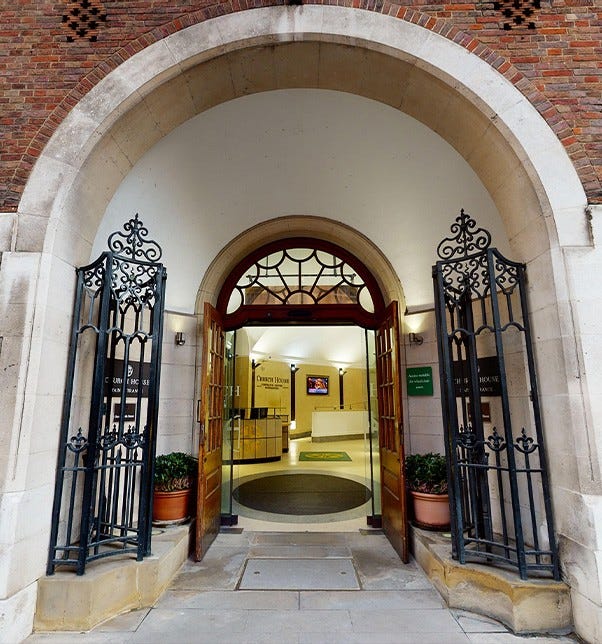A Look Into Church House: History, Purpose, and Community Impact
Understanding the role and significance of church houses in faith communities today.
A church house holds a significant role within faith communities. It serves as a place for spiritual gatherings, administrative functions, and community events. For centuries, church houses have been an integral part of religious organizations, providing spaces for worship, guidance, and outreach programs. The Corporation of The Church House embodies these traditions, offering a foundation for faith-based activities and fostering a sense of togetherness.
What is a Church House?
A church house is more than just a building. It is a place where religious leaders, congregants, and the broader community come together for worship, discussions, and organized activities. While it often serves as an administrative center for a church, it also acts as a gathering space for education, charity efforts, and fellowship.
The History and Evolution of Church Houses
Church houses have evolved throughout history, adapting to the needs of congregations and communities. In earlier centuries, they were primarily used for clergy meetings and religious ceremonies. Over time, these spaces expanded their purpose, incorporating educational programs, outreach initiatives, and hospitality services.
Today, many church houses, including those managed by The Corporation of The Church House, play a crucial role in maintaining the spiritual and social framework of their communities. Whether through hosting prayer sessions, theological discussions, or administrative planning, these spaces remain vital to church operations.
The Role of Church Houses in Modern Communities
While the primary function of a church house is to support religious activities, its influence extends beyond the congregation. These spaces often act as community centers, welcoming people from all walks of life. Here are some key ways they contribute to society:
1. A Center for Worship and Spiritual Growth
Church houses provide an environment where individuals can connect with their faith through prayer, worship services, and study groups. They offer a quiet and reflective space for people to seek guidance and deepen their understanding of their beliefs.
2. A Hub for Educational and Social Programs
Many church houses host classes, lectures, and workshops that educate members on religious teachings, personal development, and societal issues. Youth programs, marriage counseling, and leadership training are common offerings. These initiatives help strengthen the community and empower individuals to contribute positively.
3. A Space for Outreach and Charitable Activities
Supporting those in need is a core mission of many church houses. Food drives, clothing donations, and shelter assistance programs often operate from these spaces. The Corporation of The Church House actively participates in such outreach efforts, ensuring that resources reach those who require support.
4. A Gathering Place for Fellowship and Connection
A strong community relies on connections, and church houses provide a space where people can come together to share experiences and offer support. Events like communal meals, holiday celebrations, and youth group activities foster a sense of belonging.
Why Church Houses Remain Essential Today
In an era where digital communication has transformed interactions, physical spaces like church houses continue to hold great importance. They offer a sense of stability, allowing people to gather in person, share meaningful moments, and engage in collective worship.
Church houses also provide a foundation for preserving traditions. They serve as a bridge between historical faith practices and contemporary challenges, ensuring that religious values remain accessible to future generations. The Corporation of The Church House upholds these principles by maintaining a strong commitment to both tradition and community engagement.
How The Corporation of The Church House Supports Faith Communities
As an organization dedicated to faith-based services, The Corporation of The Church House provides essential support to religious institutions. Its mission extends beyond managing physical spaces—it fosters environments where spiritual and communal growth can thrive.
The organization's initiatives focus on strengthening faith communities through:
Organizing worship services and spiritual gatherings
Providing resources for clergy and church administrators
Supporting charitable programs that assist individuals in need
Hosting educational workshops and faith-based discussions
Conclusion
A church house is more than a building—it is a cornerstone of faith, service, and community. From worship and education to outreach and fellowship, these spaces play a crucial role in maintaining the spiritual and social fabric of religious communities.
The Corporation of The Church House continues to support this mission by offering a place where individuals can come together in faith and unity. As society evolves, the importance of these spaces remains unchanged, ensuring that faith-based communities have a welcoming and purposeful gathering place for years to come.



